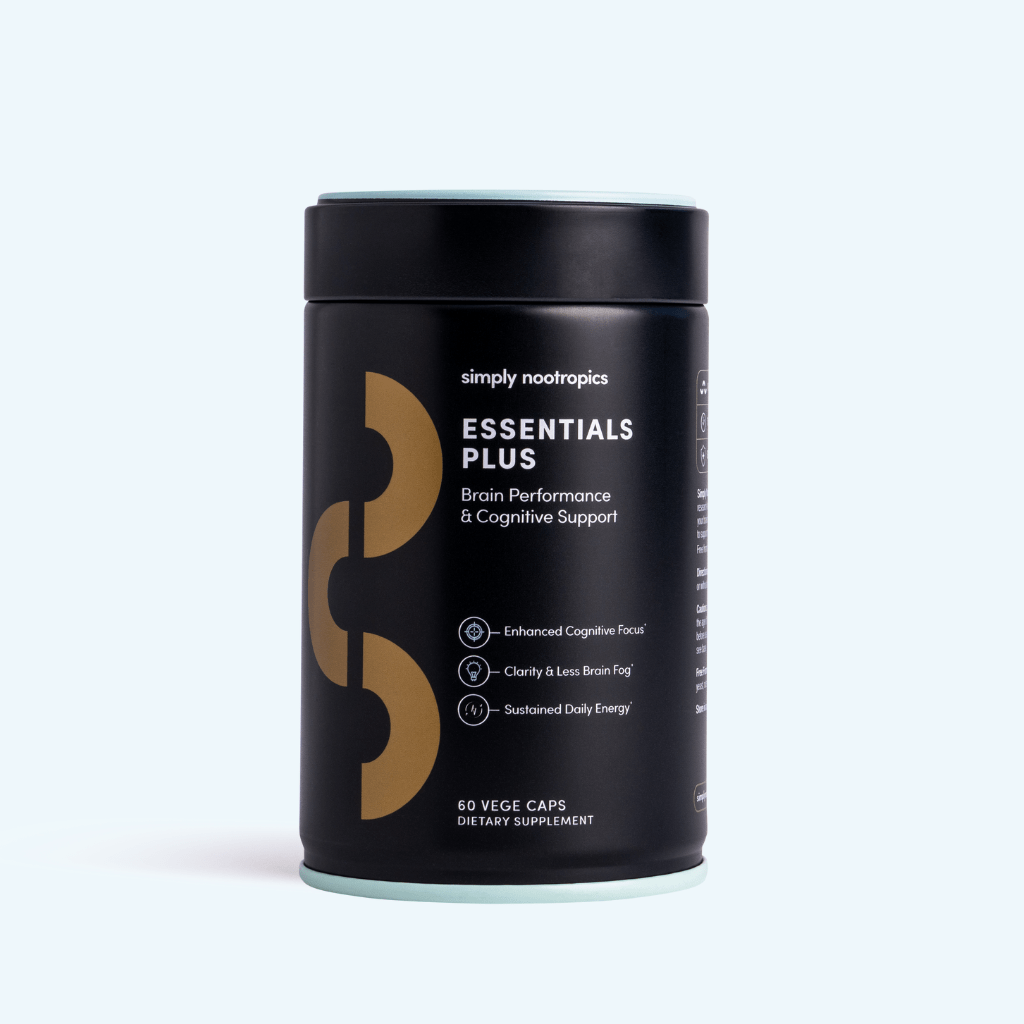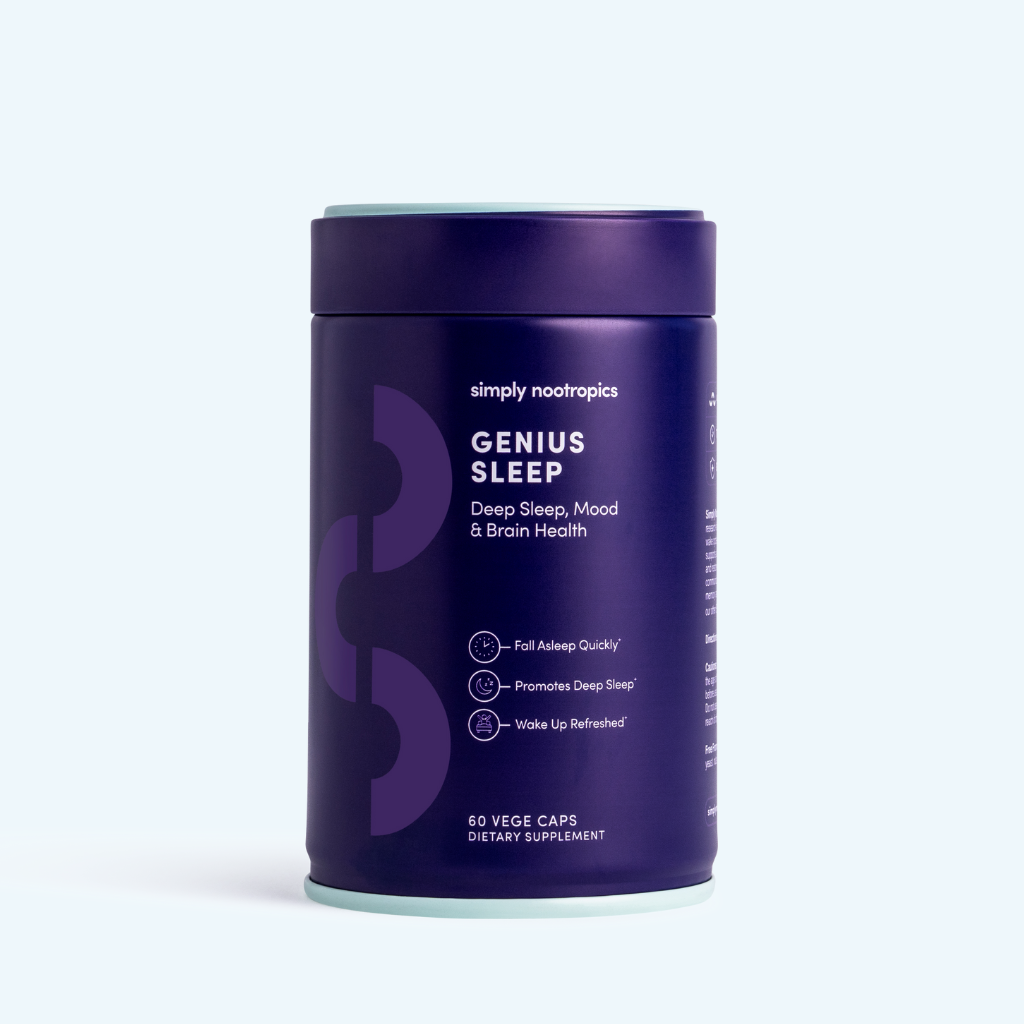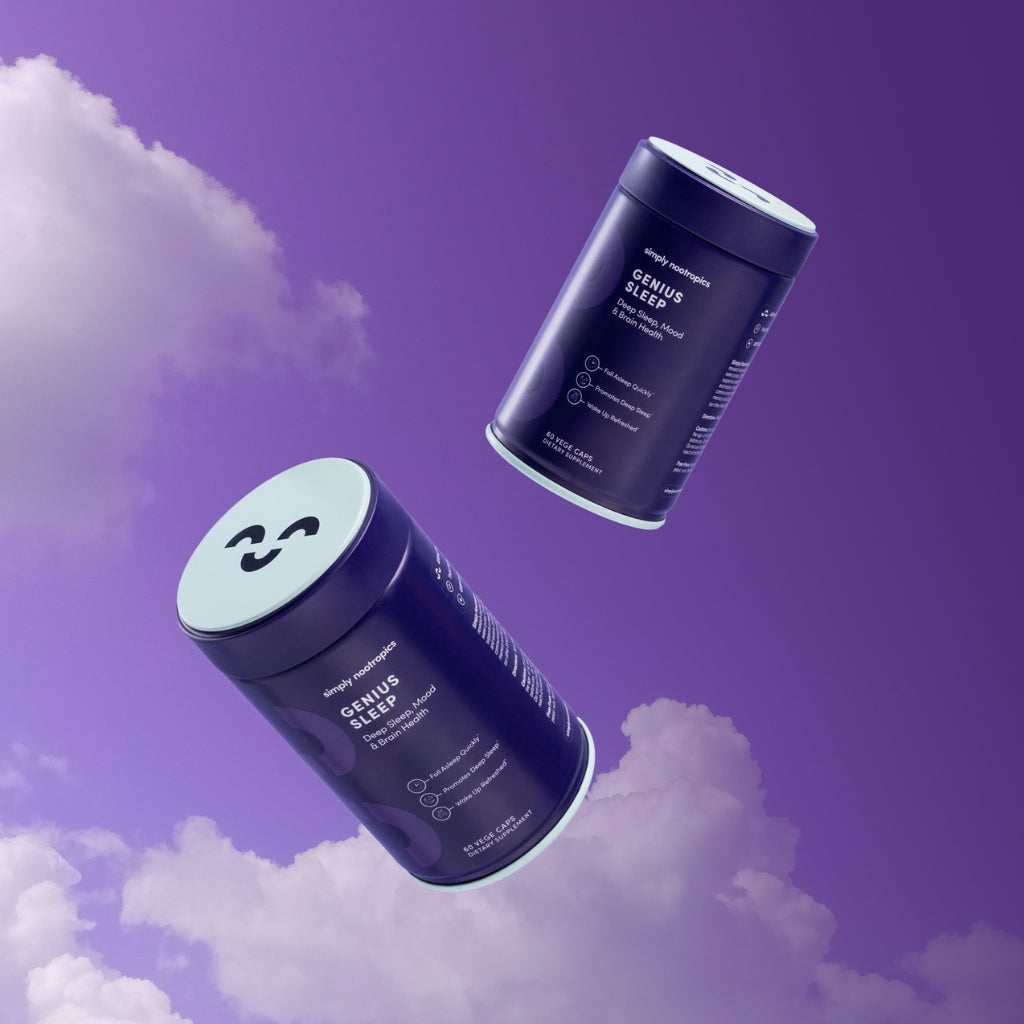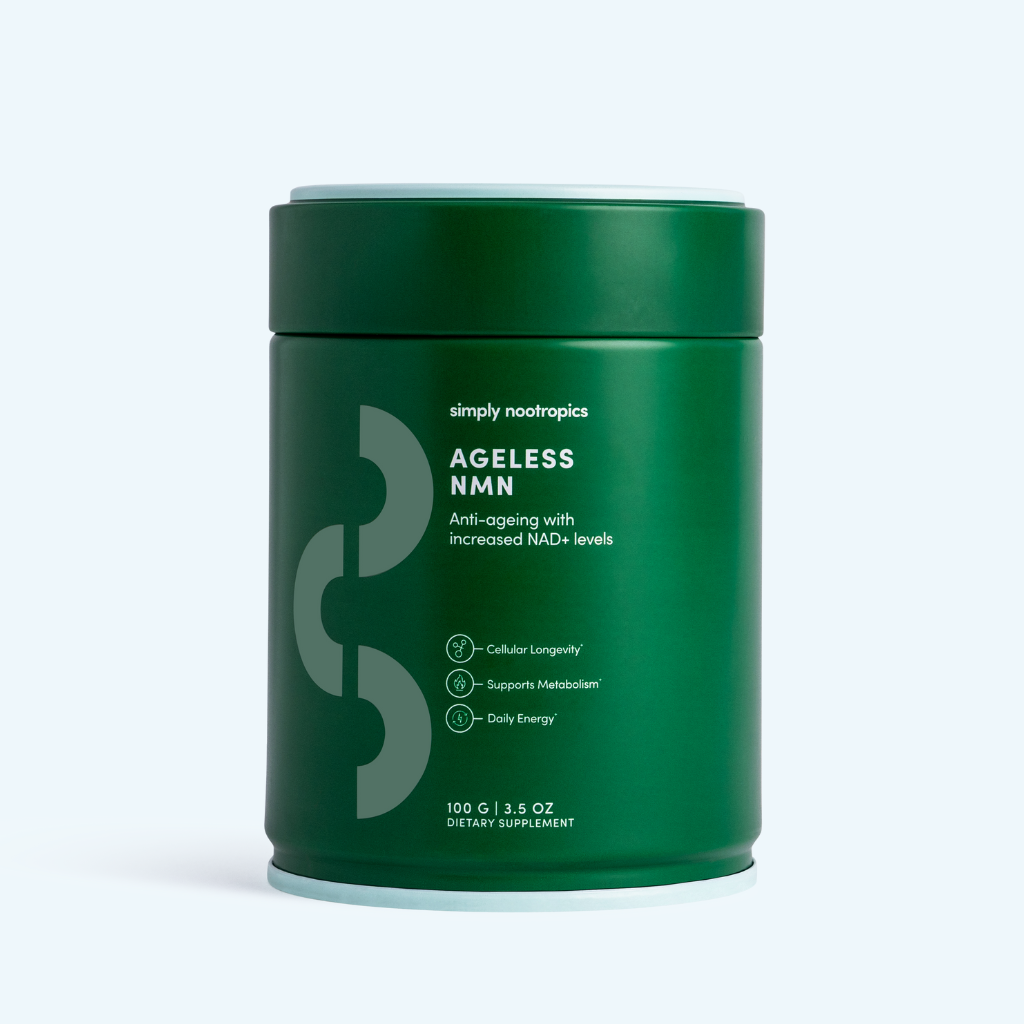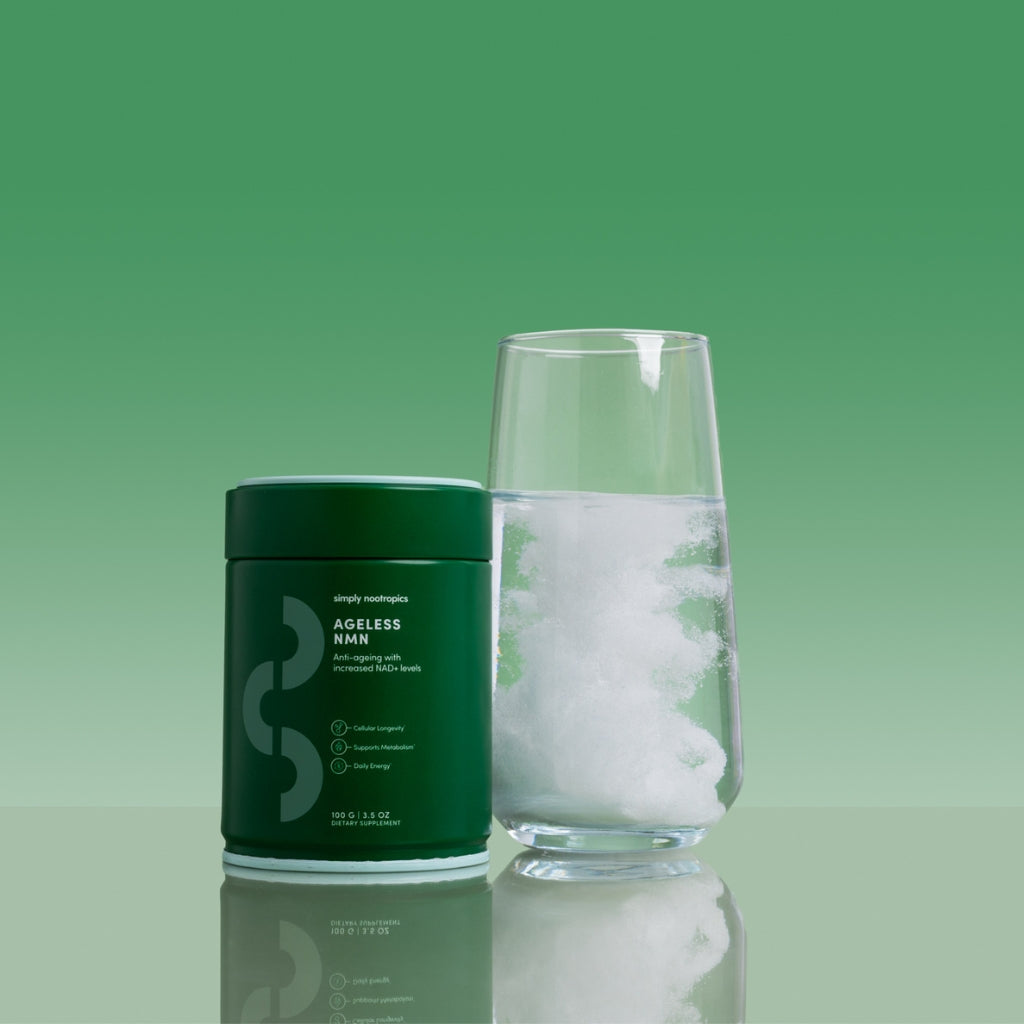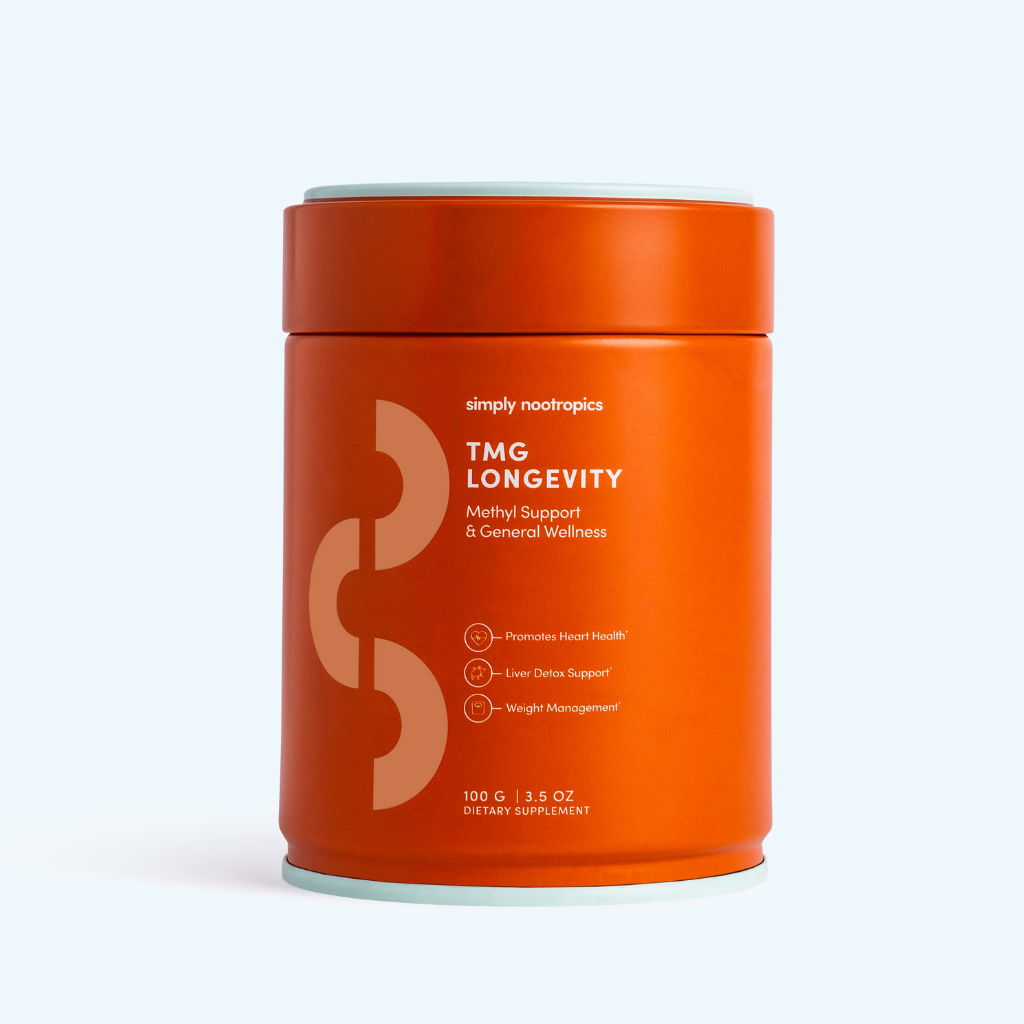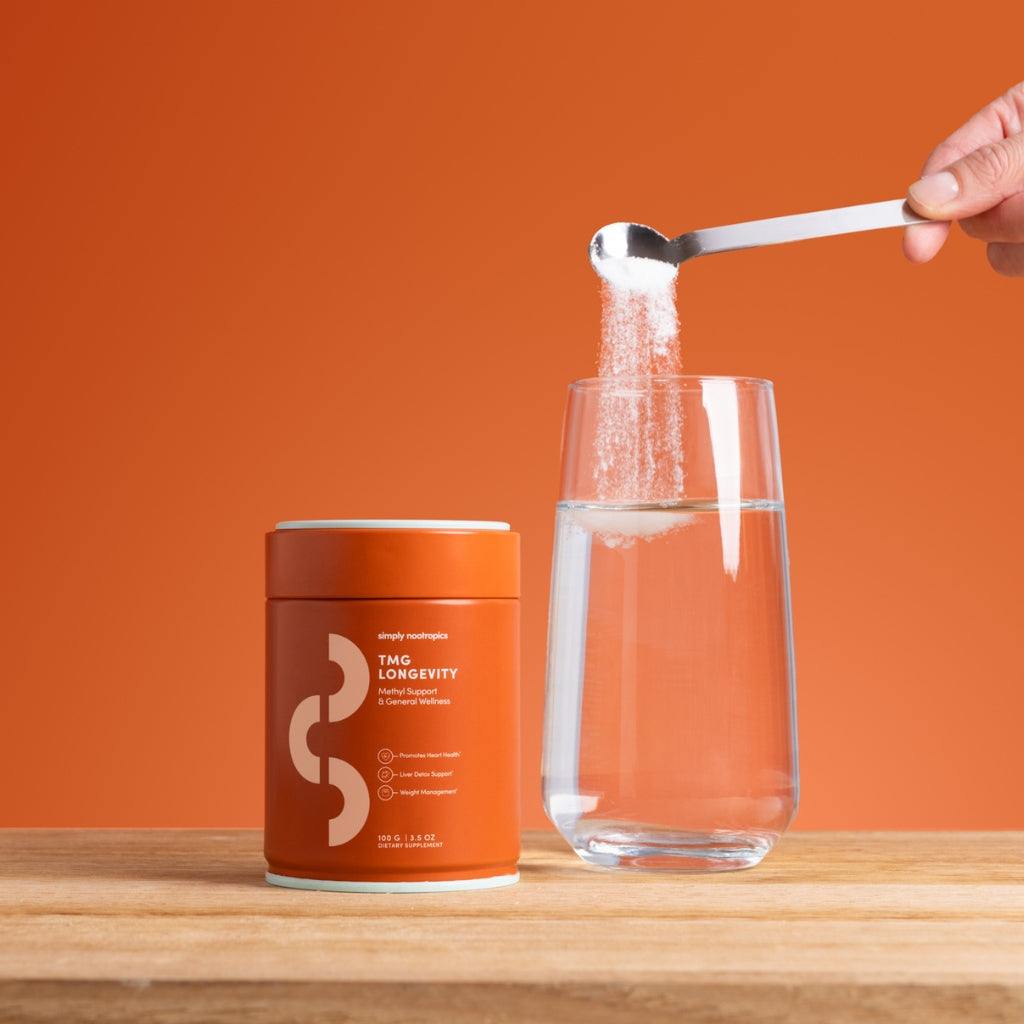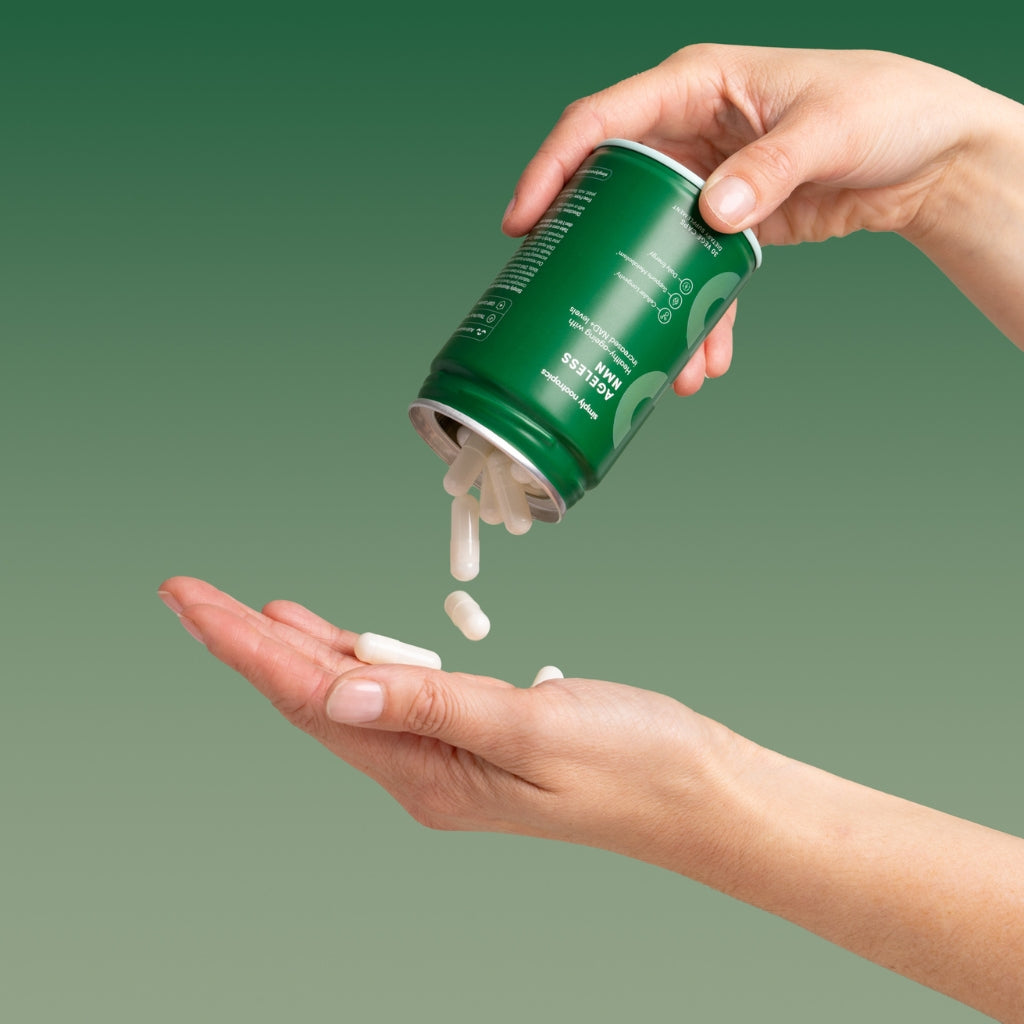Stroke is a scary thought for the ageing population, being first of all a serious health crisis, and also quite the burden on healthcare systems worldwide. According to the World Health Organization (WHO), stroke is the second leading cause of death globally and a leading cause of disability, with more than 80% of stroke-related deaths occurring in low- and middle-income countries.
In the United States alone, someone experiences a stroke every 40 seconds, and someone dies from stroke every 4 minutes, making it a pressing public health concern. Also, as the population ages, the prevalence of stroke is expected to rise, highlighting the urgent need for effective preventive strategies and stroke therapy.
Beyond the high mortality rates, stroke survivors often grapple with profound physical, cognitive, and emotional challenges. Stroke survivors frequently experience mobility difficulty, communication difficulties, and cognitive decline, which negatively affects their independence and lead to post-stroke depression. In addition, the financial burden of stroke therapy, rehabilitation, and long-term care puts a heavy burden on healthcare resources and the welfare of society.
Now, onto the good news: new approaches to stroke prevention, acute management, and long-term recovery are being explored all the time. That’s why we present to you CDP-Choline, a promising nutrient with brain-boosting abilities that the latest scientific research is currently focusing on. It holds the potential to offer hope for better recoveries and brighter days ahead for stroke survivors and their loved ones.
Understanding Stroke and its Impact
We’re sure you might already know most of this, but before we explain to you what CDP-Choline is, it's essential to understand the seriousness of stroke and its repercussions. Stroke occurs when the blood supply to the brain is disrupted, sending shockwaves through our neural networks. Whether it's a blockage obstructing the flow (ischemic stroke) or a sudden rupture causing bleeding within the brain (hemorrhagic stroke), after a stroke the result is the same: brain cells deprived of their life force - oxygen and nutrients. This deprivation sets off a series of processes that may cause irreparable damage and fast cell death.
Now, let's zoom in on a particularly vulnerable demographic: the ageing population. For them, a stroke isn't just a medical emergency; it's a life-altering event with far-reaching consequences. Beyond the immediate physical disabilities like impaired mobility, weakened speech, and difficulty with everyday tasks, there's the perspective of cognitive decline and emotional stress. After a stroke, stroke survivors often find themselves living through some serious challenges, from memory lapses to mood swings.
The Promise of CDP-Choline in Stroke Recovery
The latest scientific research has examined the potential of CDP-Choline in stroke recovery, offering hope to both patients and healthcare providers. Let us explain how: CDP-Choline is a vital nutrient involved in the synthesis of phosphatidylcholine, a key component of cell membranes, and acetylcholine, a neurotransmitter essential for cognitive function.
Thanks to its important functions, new research in medical science shows that CDP-choline may have neuroprotective effects that maintain the integrity and function of brain tissue in the event of ischemia injury. The cellular membrane repair and neurotransmitter activity enhancement properties of CDP-choline could make it a choice for stroke recovery.
Clinical Evidence and Insights
A recent study investigated the efficacy of CDP-Choline in stroke patients, focusing on its impact on consciousness, brain stroke recovery and symptoms. In a human clinical trial, 272 stroke patients in the acute stage of moderate-to-severe cerebral infarction received either CDP-Choline or a placebo for 14 days.
The results were very interesting, since the CDP-Choline group demonstrated significant improvements in consciousness compared to the placebo group. By day 14, over half of the patients receiving CDP-Choline showed signs of improvement, which sounds quite promising in the delicate research of facilitating brain stroke recovery from reversible tissue damage.
More studies have also shown how CDP-choline helps post-stroke patients with their neurological function, muscular strength, ambulation, and cognition. Early intervention is crucial since starting CDP-Choline stroke therapy within the first 24 hours of stroke onset tends to boost the likelihood of full recovery at three months.
The Science Behind It
To understand how CDP-Choline helps after a stroke, let's break down how it works. Here’s some of the properties of this important nutrient:
- Choline Donation: CDP-Choline acts as a donor of choline, a crucial nutrient for making neurotransmitters, the brain's messengers. These neurotransmitters are like couriers, delivering important messages between brain cells. By providing choline, CDP-Choline ensures that this messaging system functions smoothly.
- Cellular Repair: when a stroke hits, brain cells are deprived of oxygen and nutrients, which can cause them to get damaged or even die. But here's where CDP-Choline helps repair the damaged membranes of these brain cells, so they’re intact and functioning.
- Neuroprotective Powers: CDP-Choline has the ability to protect brain cells from further harm during and after a stroke by serving as a precursor to key compounds involved in neuronal function, repair, and various cognitive functions, including memory and learning.
Practical Considerations and Recommendations
Now that we’ve (hopefully) convinced you of the incredible potential that CDP-Choline holds, let’s find how you can integrate it into your wellness routine to prevent strokes and overall improve brain function and memory. CDP-Choline is naturally present in various foods, although typically in smaller quantities compared to supplements. Some dietary sources include eggs, especially the yolks, which are rich in choline, a precursor to CDP-Choline. Organ meats like beef liver are also high in choline content, as are certain fish species such as salmon and cod. Whole grains like wheat germ and quinoa, along with legumes like beans and lentils, also contribute modest amounts of choline.
Unfortunately, this alone might not be enough to significantly improve brain function and memory, especially in therapeutic doses. Therefore, supplements offer a convenient and concentrated alternative for those seeking the potential benefits of CDP-Choline. Our general advice is to always consult with a healthcare professional, especially if you have a pre-existing medical condition or are taking medications.
After you’ve done that, take a look at our Essentials: with its blend of 7 powerful ingredients, including CDP-Choline, Simply Nootropics Essentials is your best chance to support long-term brain health and cognitive function. As research on stroke prevention and recovery gives us more hope for the future, take the initiative by giving your brain the attention it deserves.


